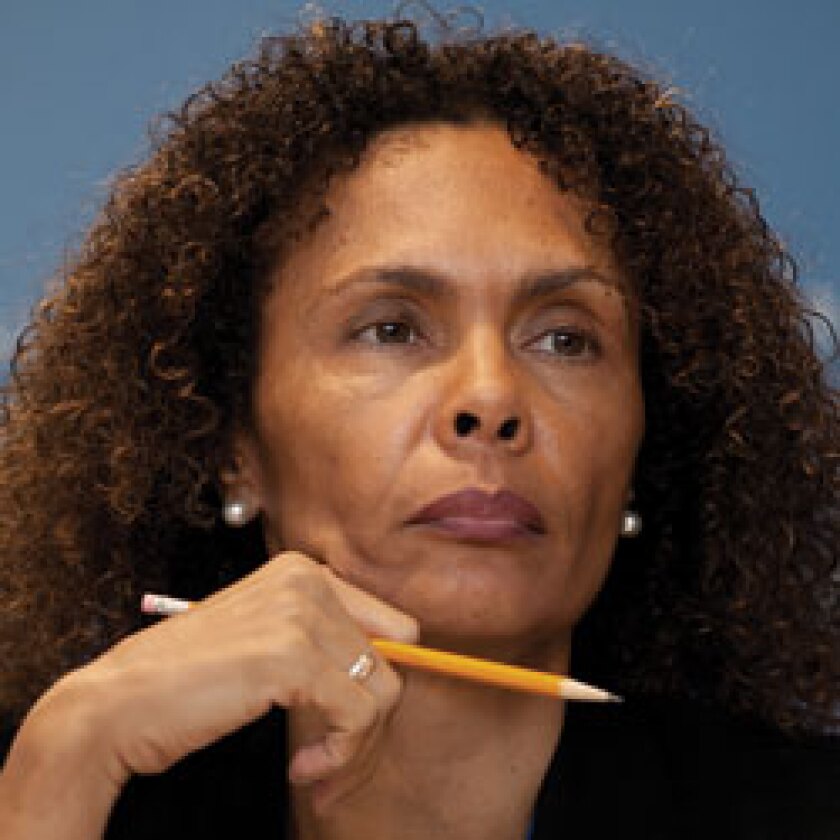Small African nations’ finance ministers yesterday expressed their dismay about the apparent paralysis of international financial institutions in the face of the threat of global recession.
“Regarding this big [IMF/World Bank] meeting, I have low expectations,” Cristina Duarte, finance minister of Cape Verde, told Emerging Markets on the fringes of the IMF/World Bank meetings.
“I am a very open person. [I see that] in 2009, nobody had a clue about 2010; in 2010, nobody had a clue for 2011. I believe that in 2011, nobody has a clue for 2012.”
Duarte added: “We know that we have bad news coming for the eurozone, the problem of the sovereign debt is getting serious. The level of uncertainty is so high, nobody has a clue what will be going on in 2012.”
Cape Verde, a small West African archipelago, “is worried”, she added. “Ninety percent of our exports go to three PIGS [Portugal, Italy and Spain].
“But please do not ask me about 2012, I am not able to tell you. Something very bad is going on out there.”
Duarte’s concerns were echoed by other African ministers attending the IMF meetings in Washington.
Ponyo Mapon Matata, finance minister of the Democratic Republic of Congo, said: “If global demand shrinks, it is going to have an impact on commodities. In [the Democratic Republic of] Congo, the mining sector accounts for 33% of GDP, which is also linked to copper and cobalt prices.”
Cape Verde illustrates the threat facing many small, middle-income countries – that the crisis may push them back to low income status.
The country has won praises from multilateral financial institutions for its good governance record in the past 10 years, strong growth (6.2% on annual average in the 2000s), and liberalizing reforms like the cut of fuel subsidies.
It has also opened and diversified its economy, especially in developing the tourism sector. The fear is that many gains may be reversed due to external factors.
Duarte said that in 2008, Cape Verde had made an agreement with the international community, under which the country graduated to middle income status under IMF criteria. This meant that during a 10-year transition period it would enjoy concessional financing, to improve infrastructure at a very low cost – in return for a promise, which was kept, to “put economic growth on the table”.
Cape Verde has since avoided taking commercial loans, and has committed to the IMF to cap non-concessional lending to $35 million a year, in order to keep its debt level within manageable limits.
“We need to restructure our economy, otherwise we will not cope with the new challenge. We need to diversify and start betting on other sectors. We need to avoid the middle income trap,” Duarte said.
Many other African countries still have critical infrastructure shortages and are calling for foreign investment. Tanzania is one of those that suffer from power shortages.
Mustafa Mkulo, finance minister of Tanzania, said: “If the international community [invests] in the power sector, we may reverse the situation because energy is the mother of economic growth. Without energy, nothing can be done.”
